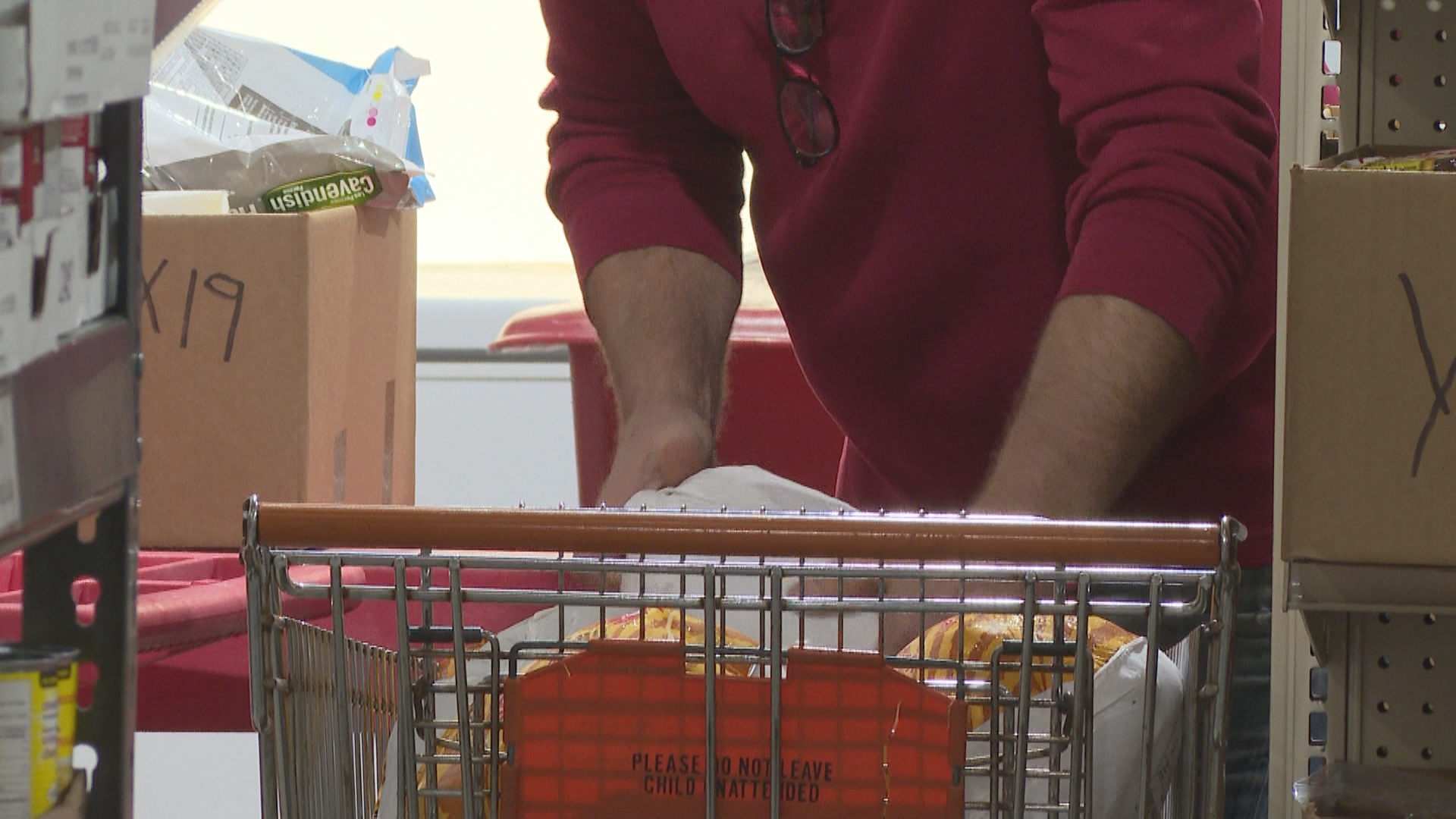The holiday season presents a paradoxical situation for organizations in Lethbridge. While businesses in the downtown core experience a crucial surge in income, vital for their year-round sustainability, charitable organizations like food banks witness a corresponding increase in demand, highlighting the prevalent economic disparities within the community. This delicate balance underscores the importance of supporting local businesses, as their success contributes to the overall economic well-being of the city, while simultaneously recognizing the growing need for community support for those facing food insecurity.
Downtown Lethbridge businesses rely heavily on the holiday shopping rush. Sarah Amies, executive director of the Downtown BRZ, emphasizes the critical role consumers play in supporting these businesses. She urges residents to prioritize shopping locally, not only for the economic benefits but also for the positive environmental impact of reduced transportation footprints. By choosing local businesses, consumers directly invest in their community, creating a virtuous cycle that ultimately benefits everyone. This appeal to prioritize local businesses during the holiday season highlights the vital role consumer spending plays in sustaining the downtown core.
In stark contrast to the bustling commercial activity, Lethbridge’s food banks face mounting pressure as demand surges during the holiday season. Danielle McIntyre, executive director of the Interfaith Food Bank, reports a 20% increase in demand throughout the year, a trend that continues into the holiday period. While community support has been remarkable, enabling the distribution of nearly 1,000 food hampers for Christmas, the food bank remains uncertain about reaching its fundraising goals. This uncertainty underscores the ongoing struggle to balance the increasing demand with the necessary resources to meet it.
The Interfaith Food Bank’s Christmas campaign, despite receiving tremendous community support, still finds itself short of its fundraising target. While optimistic about achieving their goal before the year’s end, the uncertainty highlights the precarious financial situation faced by these essential organizations. The high volume of hampers distributed translates to substantial financial requirements, emphasizing the continuous need for donations and community engagement to ensure the food bank’s ongoing operation and ability to serve those in need.
Beyond the financial strain, the increased demand places a significant burden on the food bank’s volunteers. Maintaining a festive and positive atmosphere amidst the demanding workload requires extra effort during this busy season. Despite the challenges, the volunteers remain dedicated to their mission, recognizing the significance of their work in providing support and comfort to those facing hardship during the holidays. This dedication underscores the importance of volunteerism in sustaining vital community services.
The Lethbridge Soup Kitchen, another essential organization supporting vulnerable populations, shares similar experiences. Bill Ginther, the executive director, highlights the challenges faced by individuals experiencing homelessness and isolation during the holiday season. The soup kitchen provides a warm and welcoming environment, offering meals and companionship to anyone in need, regardless of their circumstances. This open-door policy serves as a crucial lifeline for many, reinforcing the importance of community-based support systems. The unwavering commitment of organizations like the Interfaith Food Bank and the Lethbridge Soup Kitchen demonstrates the vital role they play in addressing food insecurity and providing a sense of belonging within the community, particularly during the holiday season.

